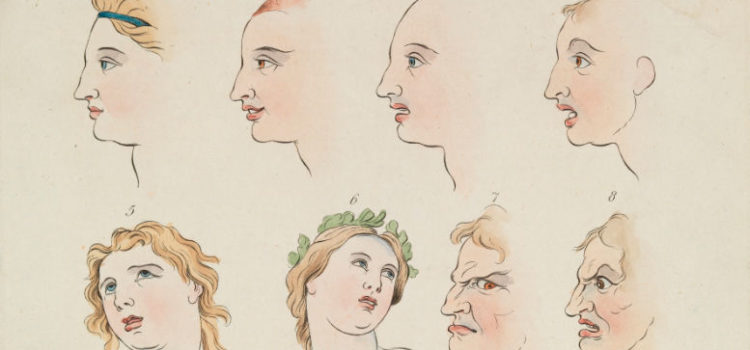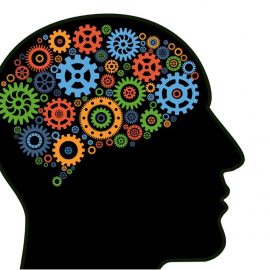

This article is an excerpt from the Shortform summary of "Emotional Intelligence" by Daniel Goleman. Shortform has the world's best summaries of books you should be reading.
Like this article? Sign up for a free trial here .
What are temperaments? Why does your emotional temperament matter?
Before undersatnding the four temperaments, let’s take a step back and define emotional responses in general. Emotional reactions can feel very different to us, based on how long they last, how intense they are, and how they affect our bodies.
Emotional Phases
Goleman describes 4 different phases of emotional response: impulses, moods, temperaments, and on the extreme end, chronic disorders. We can distinguish between these phases primarily based on how long they last.
Emotional impulses are strong and immediate, but only last a few seconds. These are the knee-jerk reactions that happen before our conscious mind understands what’s going on. (Shortform note: Think of “crimes of passion”–most of them were probably committed in these few, brief seconds where the emotional mind is in complete control.)
Moods are muted forms of emotions and last for much longer than the immediate emotional impulse. You’ve probably never been in a full, terrifying rage for a whole day–but you might have been grumpy all day, where normal things make you angry that much faster. That’s a mood.
The Four Temperaments
Then, there’s temperaments. Goleman suggests that temperaments are a product of nature, a predisposition from birth based on brain activity patterns, and that people generally fall into one of four temperaments: timid, bold, upbeat, and melancholy.
- Timid temperament people have amygdalas that are more responsive to even low-level stress. They avoid new or unfamiliar situations and dislike uncertainty.
- Bold temperament people have a higher threshold for arousal, and can withstand more stress and uncertainty. They don’t scare easily, have no trouble meeting people, and seek out new things.
- Upbeat temperament people have more activity in their left frontal lobes than their right. These people enjoy meeting others and seeing what life brings, and rally quicker after setbacks.
- Melancholic temperament people have more activity in their right frontal lobes. They’re more frequently in bad moods and generally take a negative view of life. Because they have a hard time avoiding anxiety and depression, they are more easily defeated by difficulty.
- (Shortform note: Goleman touches on this very briefly, and does not address some basic questions about them, such as whether they’re genetic or can be influenced by early interactions, or whether people can be combinations of the four.)
Finally, chronic disorders occur when someone is trapped in a negative temperament or mood and most likely needs medication or therapy to help balance their emotions.
———End of Preview———

Like what you just read? Read the rest of the world's best summary of Daniel Coleman's "Emotional Intelligence: Why It Can Matter More than IQ" at Shortform . Learn the book's critical concepts in 20 minutes or less .
Here's what you'll find in our full Emotional Intelligence summary :
- What are emotions? Why do we have them?
- What is emotional intelligence? Why is it important?
- How do you manage your own emotions? Anger, anxiety, and sadness?
- How can you approach your relationships with more emotional intelligence?
- How can you teach your children emotional intelligence?
- How can emotional intelligence boost your career?






